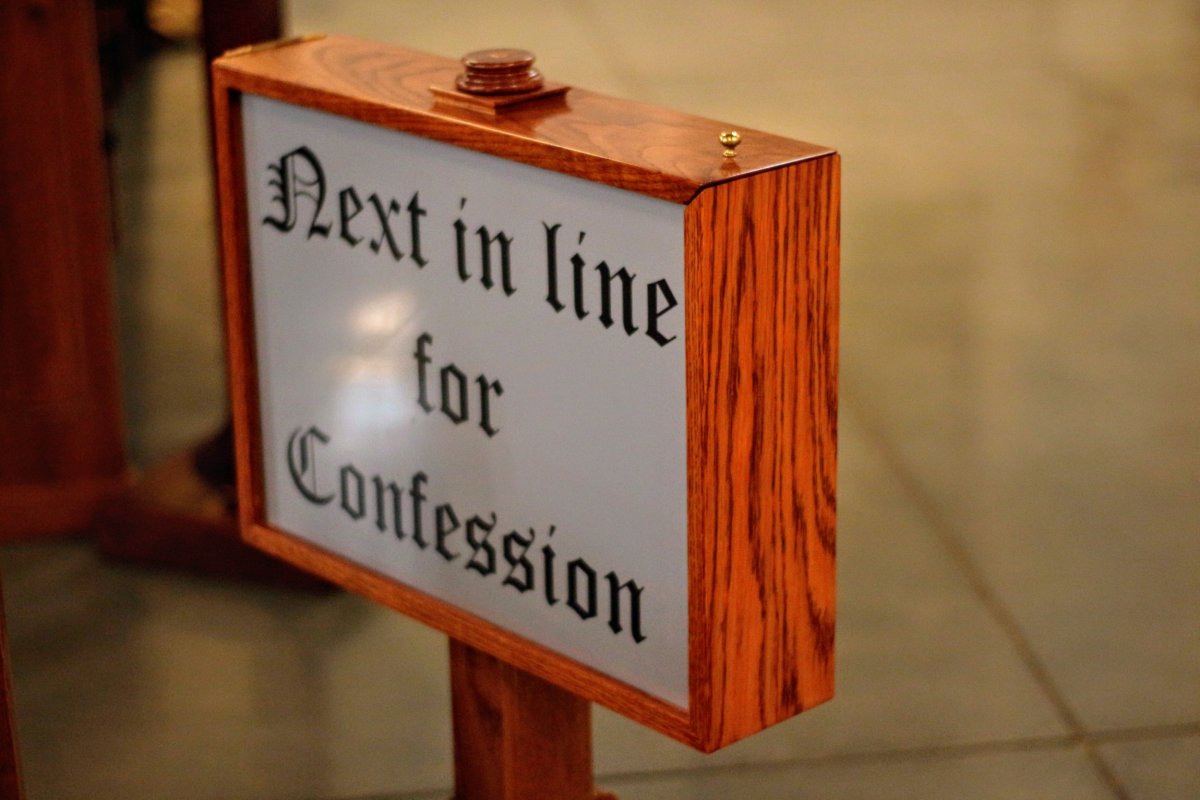Under current Utah law, members of the clergy are not required to report confessions of child sex abuse. Utah State Rep. Angela Romero wants to change that.
Romero is drafting a bill that would require any religious leader in a position of authority to become a mandatory reporter—an individual required by law to notify authorities of any admissions of abuse. Teachers, coaches, doctors and others who work with children are often mandatory reporters. Failure to report can be considered a criminal offense.
In a statement on Facebook, Romero said the bill was not targeting any particular religious group, but was rather intended to protect children from harm.
"Too often cases of sexual abuse involving ecclesiastic leaders have been covered up and the victims are denied justice," she wrote. "We already have laws that mandate reporting whenever anyone learns about abuse of a child or a vulnerable person. Ecclesiastic leaders need to be held to the same standard."
If the measure passes, Utah would be one of only seven states that explicitly require priests, ministers, rabbis and other religious leaders to report confessions of child sex abuse to law enforcement.
"My concern is getting somebody off the street that shouldn't be on the street, regardless of if they confessed to a clergy member or regardless if someone they know told a clergy member," Romero told Fox 13. "Regardless of what that religious institution is, it needs to be investigated by law enforcement."
In most states, clergy have ecclesiastical privilege, a right similar to attorney-client privilege allowing them to refuse to disclose any admission made in the context of a confession.
Currently, North Carolina, Oklahoma, Rhode Island, Texas and West Virginia are the only states that have laws requiring clergy to be mandatory reporters.
The statutes are a little murkier in Tennessee, Indiana and Connecticut: Priests have been allowed to voluntarily break their priest-penitent privilege, but it's unclear whether they are required to.

In 2005, the Mississippi Supreme Court ruled that the privilege superseded the state's mandatory reporting laws, meaning clergy effectively didn't have to report confessions.
In 2013, though, the New Hampshire Supreme Court ruled that clergy were required to report abuse because confessants "cannot have an objectively reasonable expectation that such a statement will remain confidential."
A California bill weaker than the Utah measure was scuttled after State Senator Jerry Hill couldn't muster the votes to get it out of the Assembly's public safety committee. SB 360 would have required reporting when an admission of sex abuse arose in "penitential communications" between two clergy members or between a clergy member "and another person that is employed at the same site or facility as the clergy member."
The bill was fiercely criticized by Catholic leaders in California, who argued it impinged on their religious freedom. In a statement signed by various Catholic and Protestant leaders, the Religious Freedom Institute (RFI) argued the law would violate the "seal of the confession" and would hurt efforts to identify and prosecute abusers.
"First, confession is often not undertaken face-to-face in order to preserve the anonymity of the penitent. In such cases the priest does not know who is confessing," RFI wrote. "Second, the provisions of SB 360 could worsen the problem by discouraging confession and its intended result – a turning away from grave sin. There is no reason to believe that those guilty of sexual abuse would be more likely to confess this crime to a priest who is required by law to turn them in."
When its finally introduced, the Utah bill will likely be scrutinized by both the Church of Jesus Christ of Latter-day Saints and the Catholic Diocese of Salt Lake City, which has reserved comment until it can read the full text. Whether the measure passes might come down to how these institutions exert their powerful influence on lawmakers in Salt Lake City.
But it's galvanized survivors' advocacy groups: Melanie Sakoda, survivor support coordinator for The Survivors Network of Those Abused by Priests (SNAP), is supportive of the bill.
"A lack of respect for secular laws seems to us to be part of the reason why there is an abuse scandal in the Catholic church in America and worldwide," Sakoda told Newsweek. "Cases of child sexual abuse by clergy were not only not reported to law enforcement, they were concealed from parishioners and the public. Priests were treated as if they were above the criminal law."
Instances of abuse have happened in religious settings beyond the Catholic church, she added, and all religious leaders need to be held accountable.
"The free exercise of religion is not absolute and the protection of the young and vulnerable would not seem to be an unreasonable intrusion on practice."
Uncommon Knowledge
Newsweek is committed to challenging conventional wisdom and finding connections in the search for common ground.
Newsweek is committed to challenging conventional wisdom and finding connections in the search for common ground.
About the writer
To read how Newsweek uses AI as a newsroom tool, Click here.








